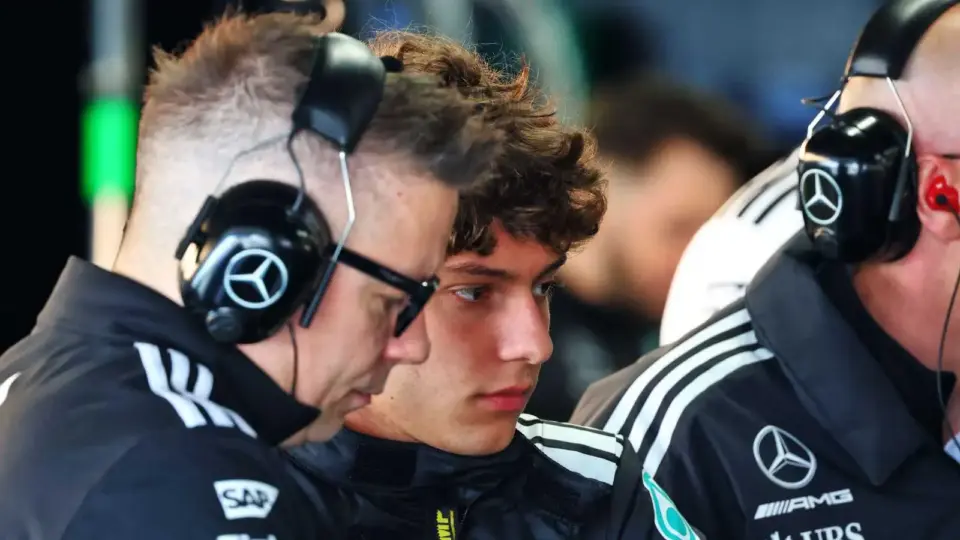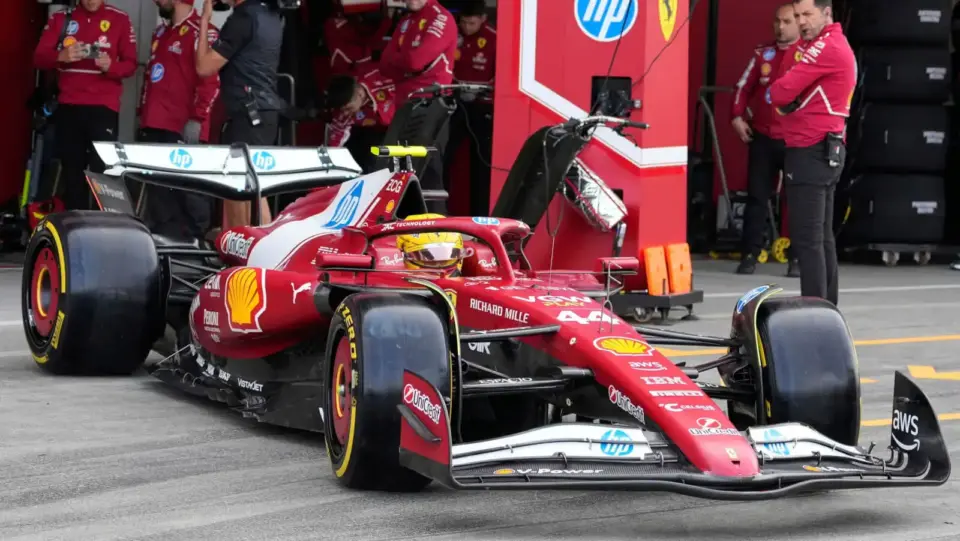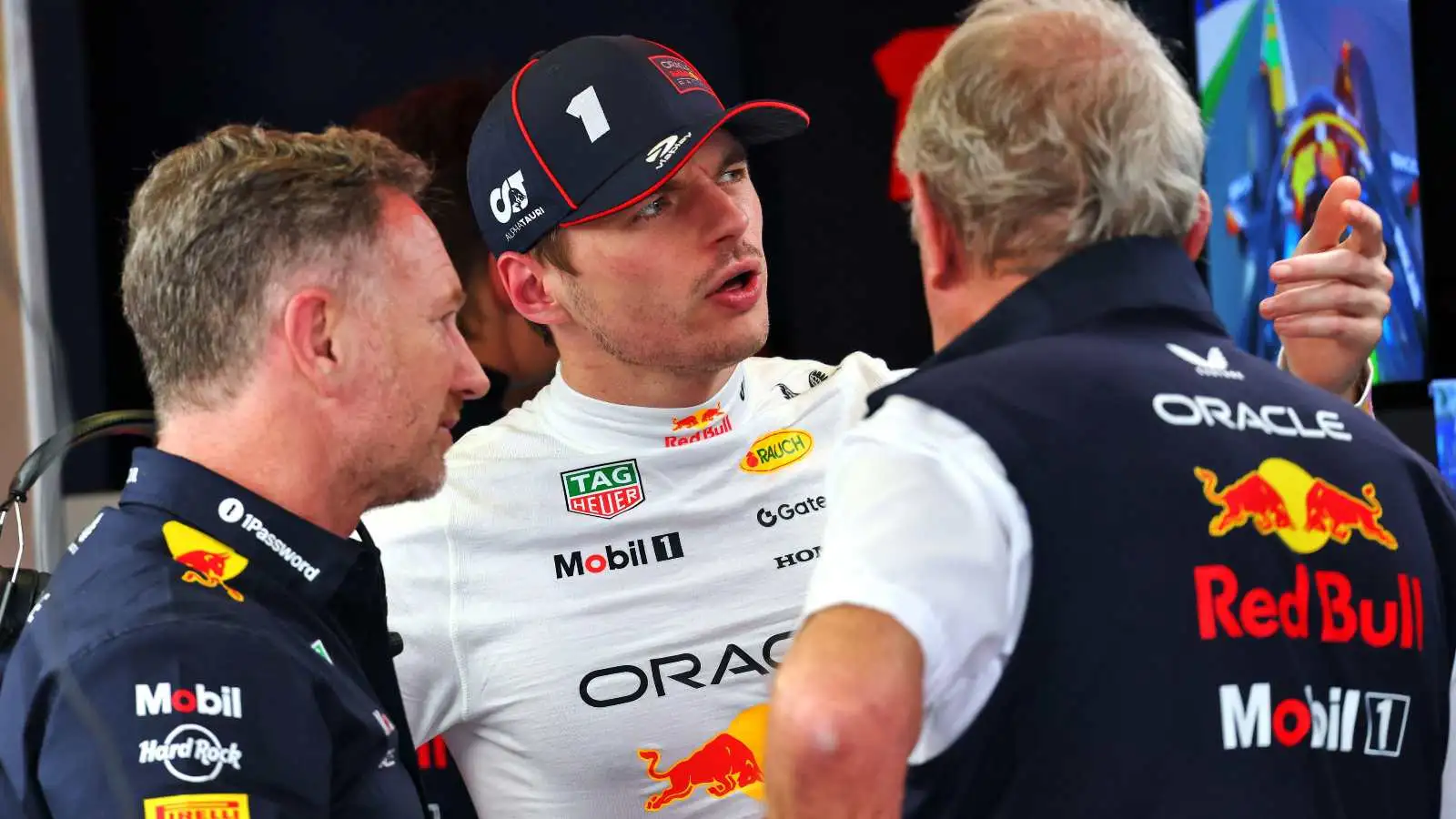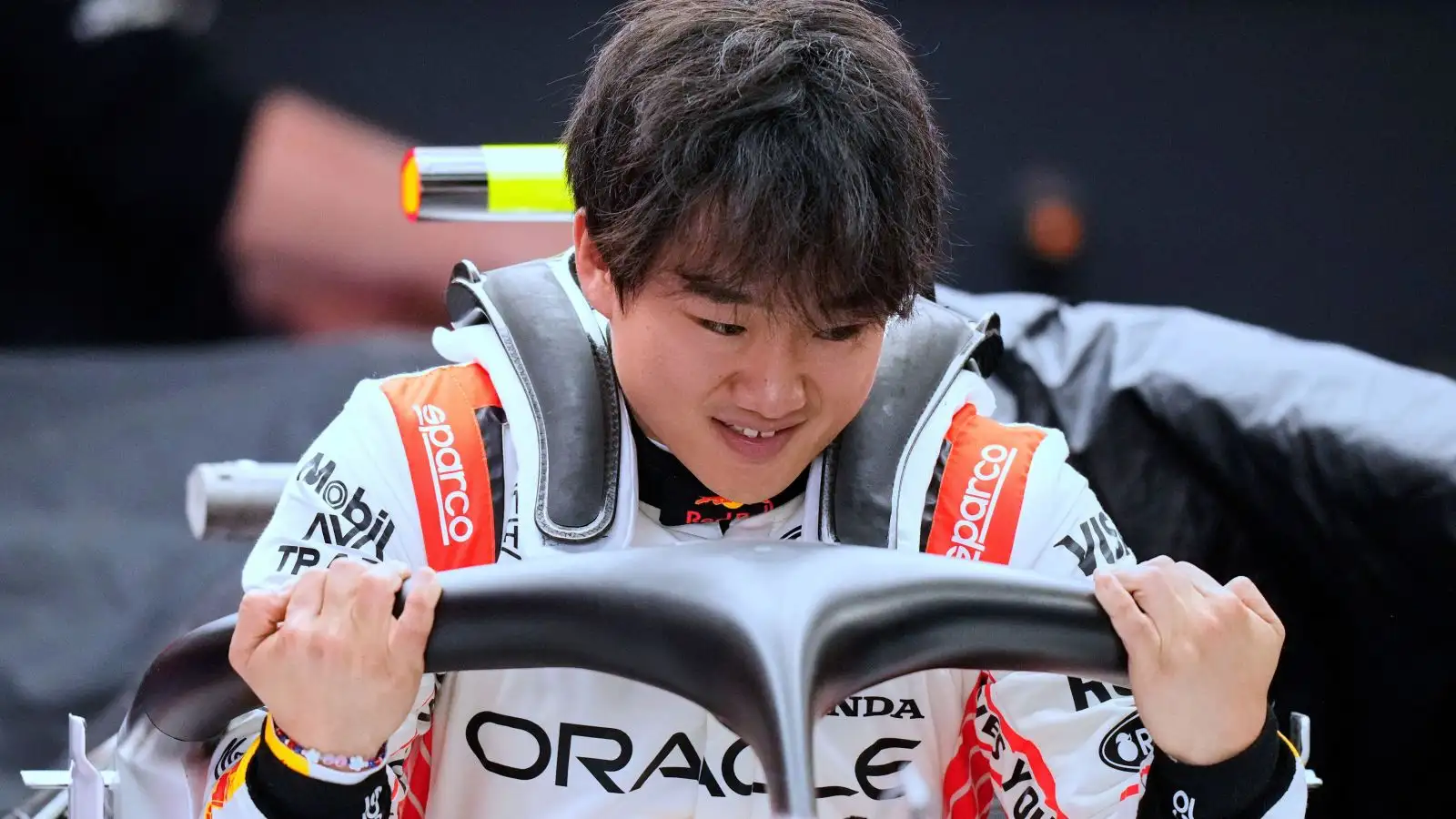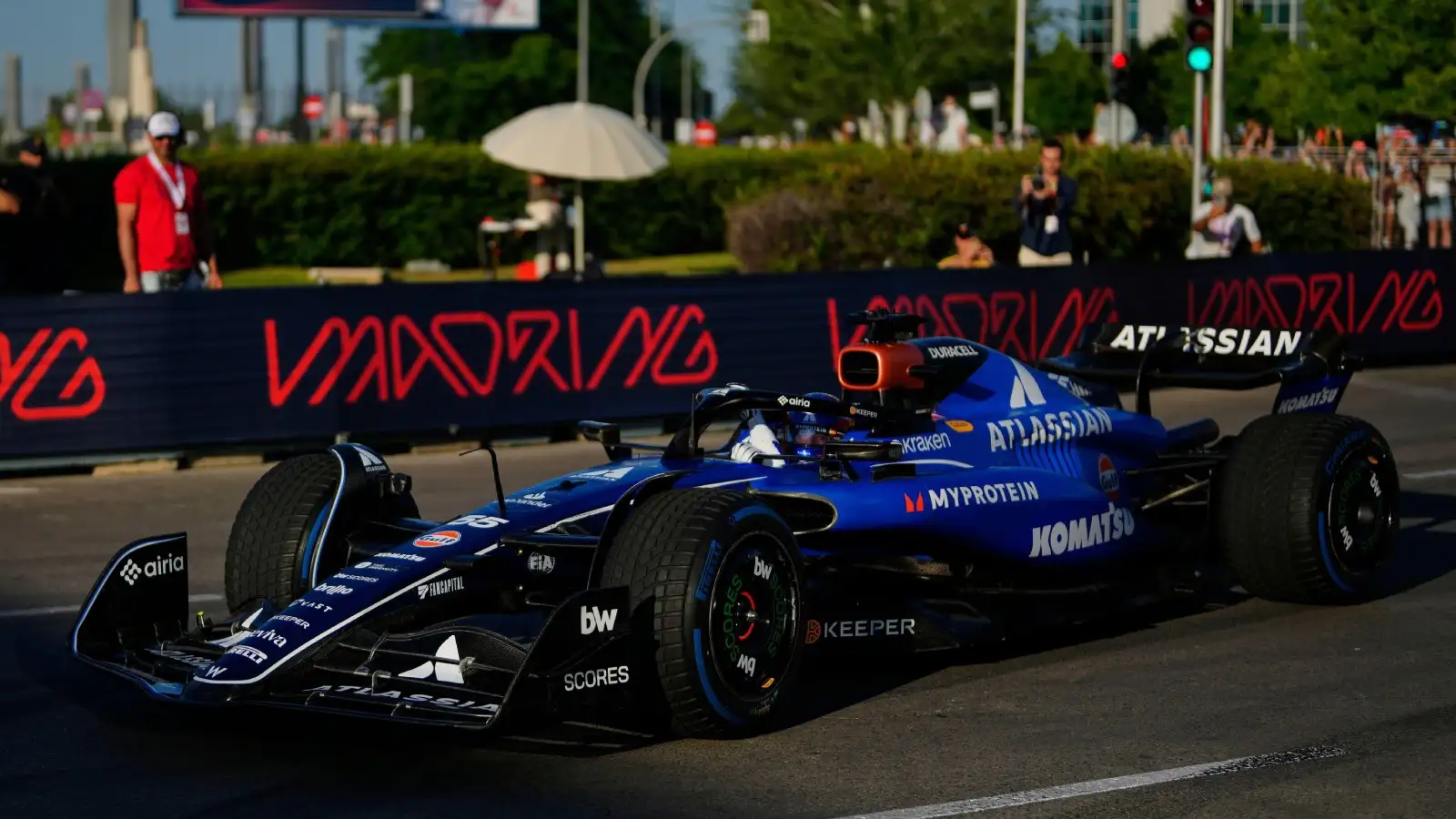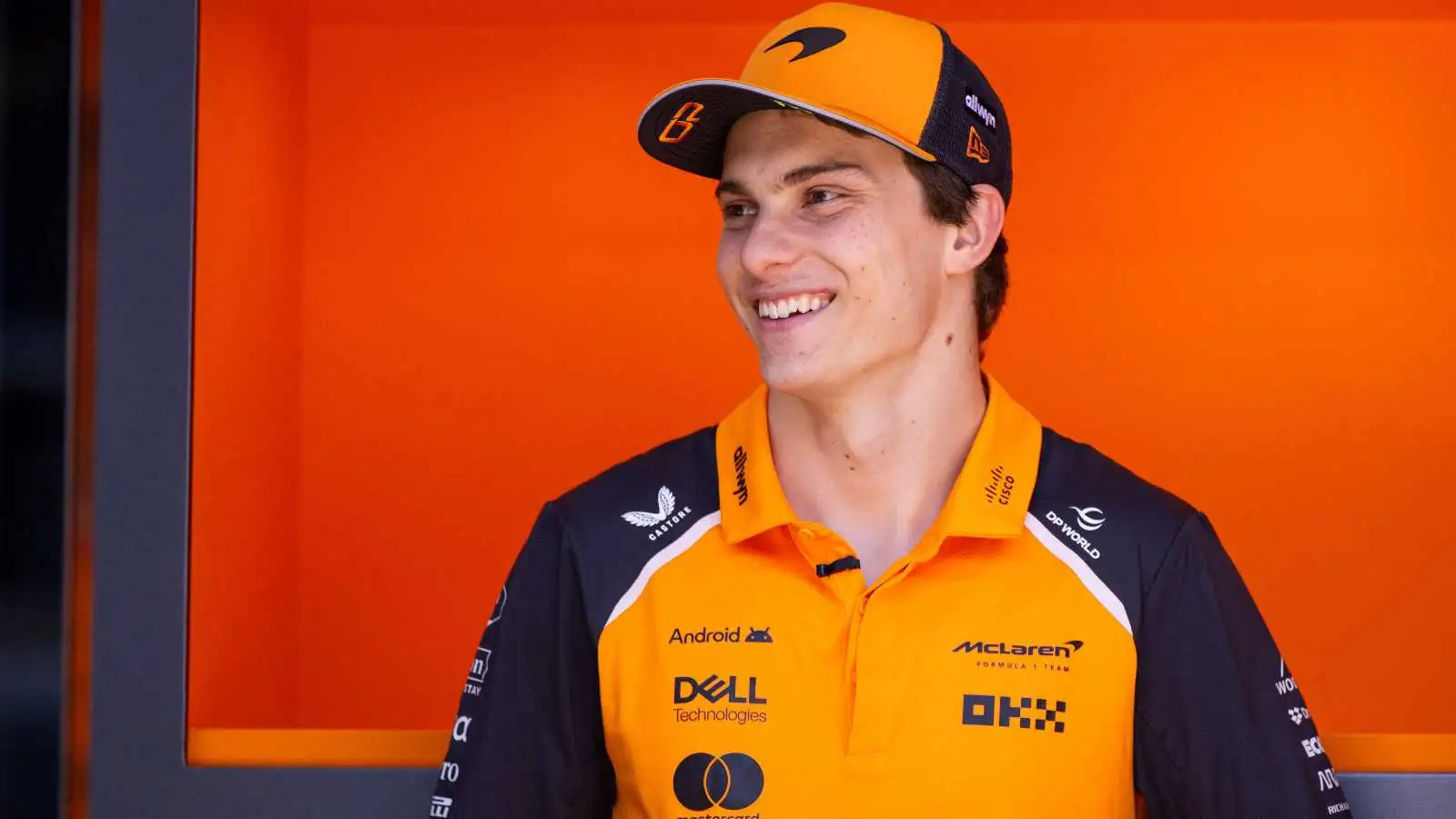Max Verstappen’s journey through the Japanese Grand Prix qualifying was nothing short of a rollercoaster, culminating in a surprising pole position. Yet, lurking beneath this success are persistent challenges with the Red Bull RB21. Verstappen himself humorously noted that the car’s unpredictable nature could make one “poop your pants.” This candid admission reveals deeper issues within Red Bull’s engineering efforts.
In the tightly contested world of Formula 1, the stakes are always high. Verstappen’s triumphant claim on pole by a whisker-thin margin of 0.012 seconds over Lando Norris was a testament to his skill and determination. However, his journey to this point has not been without hurdles. Red Bull has been grappling with performance inconsistencies, causing the team to convene an emergency meeting after a disappointing finish in China. Verstappen, demonstrating his leadership, voiced his concerns directly to the engineering team.
Even after clinching the pole, Verstappen was candid about the car’s challenges. The reigning champion found qualifying at Suzuka particularly tough, emphasizing the need for commitment, especially in the track’s demanding first sector. He described the experience as both thrilling and nerve-wracking, indicative of a car that despite finding a driveable balance, remains tricky to handle. Verstappen’s reflection on his success was peppered with a mix of satisfaction and the acknowledgment of luck playing a role.
The car’s balance, particularly through corners, remains a sticking point for Red Bull. Verstappen acknowledged that even with improvements, the RB21’s balance is not ideal. The constant quest for a more stable driving experience continues, with Verstappen pushing the car to its limits, hoping each lap sticks, as it did during this qualifying session.
Verstappen’s thoughts on his team-mate Yuki Tsunoda’s struggles further highlight the pervasive issues within Red Bull’s setup. While Tsunoda faced tire preparation woes, Verstappen remains focused on the broader balance issues that he believes are the root cause of their challenges.
Despite landing his first pole of the season, Verstappen is under no illusion that all problems are solved. The demanding nature of Suzuka serves as a litmus test, magnifying any imbalance in the car. Verstappen observed that while some tracks might be more forgiving, others, like Suzuka, expose these vulnerabilities. His realistic assessment of Red Bull’s current form underscores the ongoing battle against these engineering challenges.
Still, Verstappen’s sheer joy upon securing the pole was evident. Reflecting on his final lap, he acknowledged the risks taken, especially in crucial sectors like the Spoon Curve. The fact that he managed to stay ahead of the McLarens made the achievement even more significant. This pole position, unexpected as it was given the season’s rocky start, stands out for Verstappen as a special moment.
While Verstappen’s pole lap is celebrated as one of his best, it also serves as a reminder of the underlying issues that Red Bull continues to face. The path forward is clear: resolve these balance challenges to unlock the full potential of the RB21. Until then, Verstappen and his team remain dedicated to improving and pushing the boundaries of their performance.
Max Verstappen’s pole position at the Japanese Grand Prix is not just a testament to his exceptional driving skill but also a reminder of the challenges that persist within Red Bull’s camp. As the team works to address these balance issues, Verstappen’s performance at Suzuka stands out as a beacon of hope and determination. The journey to perfecting the RB21 is far from over, but with Verstappen at the helm, Red Bull is poised to tackle whatever comes next.

